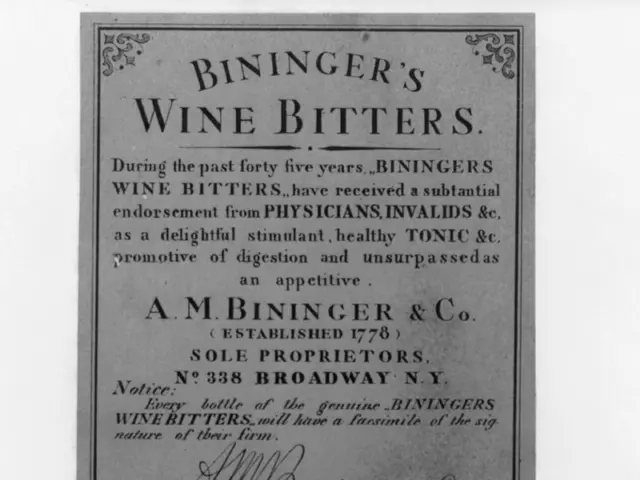Italy Imposes €7 Million Fee for Fresh 9-Year Online Gaming Permits
In a game-changing move for its gambling scene, Italy is shaking things up with a new licensing regime for online gambling, boasting a whopping nine-year durability and a whopping €7 million fee. This game-changer is part of Italy's broader strategy to tighten regulations, rake in more moolah for the government, and foster responsible betting.
Fresh Gambling Licenses: A New Era Begins
With this ambitious reform, the Italian government is eyeing significant industry shakeups. The new licensing structure demands a staggering €7 million authorization fee per license, backed by an ongoing 3% operating fee on the gross gambling revenue (GGR) after taxes. These charges are projected to generate massive revenue, with estimates of around €350 million from application fees and an additional €100 million annually from concession charges.
Fiscal Fortune: Smoothing Italy's Pocket
The Italian Ministry of Economy and Finance is pinning big hopes on these changes, anticipating around €100 million annually in concession fees alone. Add to that, gambling taxes could skyrocket by €350 million over the next two years, delivering a significant financial boost for the government.
Operational Chains: Leashing the Gambling Beasts
Operators must abide by stringent rules, including running only one website per concession and refraining from running affiliated 'skins' sites. Each category of gambling product, such as betting, casino games, poker, and bingo, requires its standalone app.
Responsible Gambling: Keeping Things Fair
The new regime emphasizes responsible gambling practices. Operators must empower customers by offering personalized play limits and issuing alerts when limits are nearing depletion. Additionally, operators must invest 0.2% of their net GGR into initiatives promoting responsible gambling strategies.
Iron Grip: The Customs and Monopolies Agency (ADM) Takes Control
The ADM will hold more power, capable of implementing payment blocking measures to quash unlicensed online gambling activities. This tough stance is expected to curb illegal gambling activities significantly, creating a safer betting environment for Italian consumers.
The Industry's Point of View: A Glimpse into the Future
The government expects the industry to show strong interest, predicting at least 50 operators applying for these new permits. Such a move reflects the industry's view of Italy as a lucrative, secure market for online betting operations. The reform is just one piece in a larger puzzle, aiming to refashion both online and land-based gambling sectors in Italy, ushering in a more regulated and economically advantageous framework.
Expert Commentary: A Double-edged Sword
These comprehensive reforms and substantial licensing fees signal Italy's commitment to creating a tightly regulated and economically sustainable gambling industry. The new regulations promise to reshape Italy's gambling market, potentially setting a precedent for other nations.
It's no doubt that these rules establish high standards, provide clear guidelines, and protect consumers while also offering a stable environment for operators to innovate and grow. However, the increased costs and strict requirements may lead to consolidation, market exits, and reduced diversity. The outcome will be a fiercely competitive landscape dominated by large, well-established operators.
In line with their ambitious strategy, the Italian government is set to generate substantial revenue from the gambling sector by imposing a significant €7 million licensing fee and 3% operating fee on the gross gambling revenue for online gambling operators.
These reforms are expected to bring in an estimated €450 million over the next two years, with around €100 million annually in concession fees alone, and could potentially set a precedent for other nations to follow suit.




